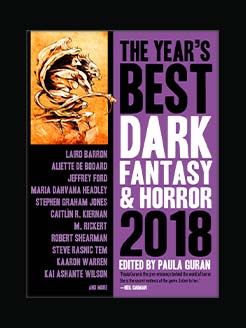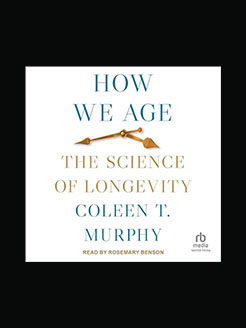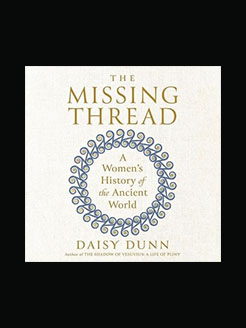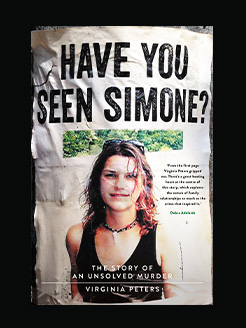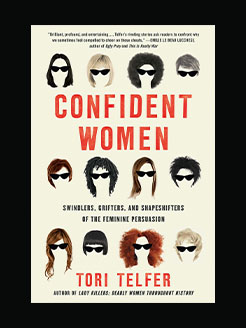Published in 2024
289 pages
7 hours and 44 minutes
Wendy Pearlman is a professor and award-winning teacher at Northwestern University, specializing in Middle East politics. Educated at Harvard, Georgetown, and Brown, Pearlman speaks Arabic and has spent more than twenty years studying and living in the Arab World. She is the author of numerous articles and four books, including Occupied Voices: Stories of Everyday Life from the Second Intifada (Nation Books, 2003), Violence, Nonviolence, and the Palestinian National Movement (Cambridge University Press, 2011), and Triadic Coercion: Israel’s Targeting of States that Host Nonstate Actors (with Boaz Atzili, Columbia University Press, 2018).
Her book We Crossed a Bridge and It Trembled: Voices from Syria (Custom House, June 2017) has been called “essential reading” by the New York Times, and been recommended in reviews in the New Yorker, Times Literary Supplement, and Chicago Review of Books, among other outlets. A review in The Guardian calls the book, “heart-stopping,” adding: “Syrians, Pearlman writes, are too often cast as ‘victims to be pitied, bodies to be sheltered, radicals to be denounced or threats to be feared … it can be difficult to find chances to listen to actual Syrians as human beings’. But she has listened.” Pearlman lives in Chicago, Illinois.
What is this book about?
War forced millions of Syrians from their homes. It also forced them to rethink the meaning of home itself.
In 2011, Syrians took to the streets demanding freedom. Brutal government repression transformed peaceful protests into one of the most devastating conflicts of our times, killing hundreds of thousands and displacing millions. The Home I Worked to Make takes Syria’s refugee outflow as its point of departure. Based on hundreds of interviews conducted across more than a decade, it probes a question as intimate as it is universal: What is home? With gripping immediacy, Syrians now on five continents share stories of leaving, losing, searching, and finding (or not finding) home. Across this tapestry of voices, a new understanding emerges: home, for those without the privilege of taking it for granted, is both struggle and achievement. Recasting “refugee crises” as acts of diaspora-making, The Home I Worked to Make challenges listeners to grapple with the hard-won wisdom of those who survive war and to see, with fresh eyes, what home means in their own lives.
